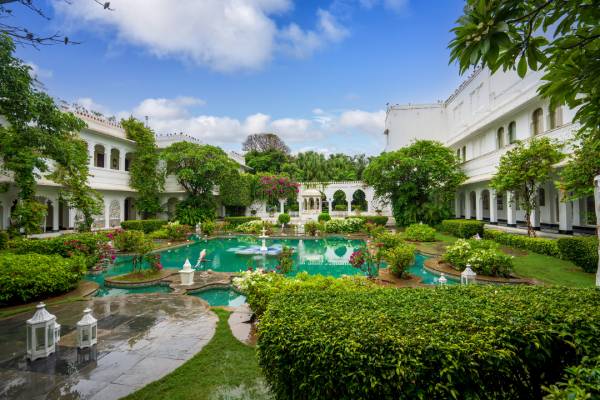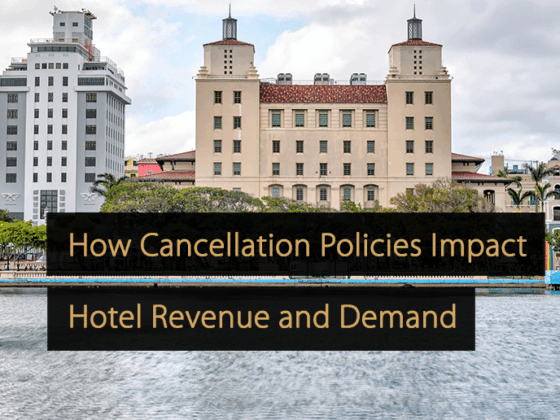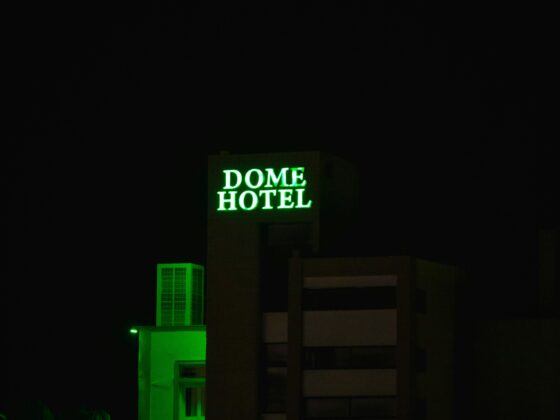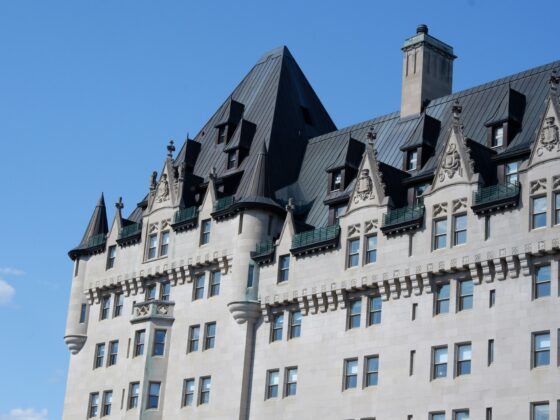Travel and tourism in the Asia Pacific region is experiencing an impressive period of recovery and is inching closer to pre-pandemic levels. The region offers a diverse range of travel options and experiences, making it one of the most sought-after destinations and primary drivers of global travel growth. With the increasing popularity of the region, its travel market is projected to be valued at $689.5 billion by 2030, registering CAGR of 6% from 2019 to 2030, as per a LinkedIn analysis.
Luxury travel is a significant sector in the region and continues to be a growth engine for the market. Travelers in Southeast Asia are increasingly exploring luxury and distinctive travel options and leaning towards upscale cruises, train holidays and sustainable vacations. As much as 68% of travelers are planning to spend more on travel in the next 12 months, revealed a latest survey by the Luxury Group by Marriott International.
Studying travel preferences of high net worth (HNW) travelers in Asia Pacific, the study found that 89% of Indians plan to spend more on travel, while 74% plan to travel within Asia Pacific. HNW travelers from Australia, Singapore, South Korea, Japan, Indonesia and India tend to travel frequently with longer holidays, particularly in the Asia Pacific region. Travelers are planning an average of six leisure trips in the next 12 months, while 33% of respondents are planning at least seven holidays this year. On average, a short stay lasts three nights while a long stay comprises two-and-a-half weeks.
Australia is the destination of choice (46%), followed by Japan (42%) and Hong Kong (27%). About 69% of India’s HNW tourists are planning a trip to Australia and it is the top destination of choice for Indonesian, Japanese and Singaporean tourists.

Good food is a significant motivation to travel, reflected by the 88% of respondents who prioritized gastronomy as the reason to travel. Today’s travelers are more in tune with food trends and half of the respondents (49%) said a fine dining experience was an ideal night out. Dining options are also prioritized when choosing a hotel, with 81% of HNWs selecting their hotel based on the fine dining options and 83% choosing a destination so that they can visit a popular restaurant.
India emerged as the most active and engaged travel market, with a majority (89%) of HNWs stating that they plan to spend more on travel. Families and friends are traveling together to celebrate milestones, attend a private function or event, with 38% planning to travel with friends and 33% making theirs a celebratory trip.
India’s travel industry is booming, with industry veterans showing confidence on the country’s travel and tourism industry. Addressing a panel during the NYU IHIC in June, Hilton president and CEO Chris Nassetta called China and India the two biggest travel and tourism markets in the world.
“India is on the move and will start moving a lot faster,” he said. “All you have to do is look at what’s happening in infrastructure — all the airports and highways and roads that are being built. Over the next 10 or 20 years, it will be developing travel and tourism at a much faster pace.”
India is on its way to becoming the third-largest domestic and fifth-largest outbound travel market by 2027, according to a latest report by HSMAI. Indian cities are becoming major contributors to the growth of regional tourism, with increased flight connectivity fueling the trend.
Big hotel chains have been quick to respond to Asia Pacific’s increasing popularity and have been deepening their presence in the market. DoubleTree by Hilton, the upscale full-service brand by Hilton, achieved a milestone of surpassing 100 hotels in the region. The brand’s milestone was driven by the recent openings of hotels in Jakarta in Indonesia; Kyoto and Osaka in Japan; Bengaluru in India; and Yantai in China. DoubleTree by Hilton has around 80 more hotels in the pipeline in Asia Pacific and is looking to contribute to Hilton’s aim to surpass 1,000 operational hotels in the market by 2025.
Expanding its footprint in South Asia, Radisson Hotel Group announced it had signed 10 new properties under its Radisson Blu, Radisson, Radisson Individuals and Radisson Individuals Retreats brands. The new signings have also helped Radisson to venture into five new markets in India. At over 180 hotels in operation and development, the group is one of India’s leading international hotel operators.







